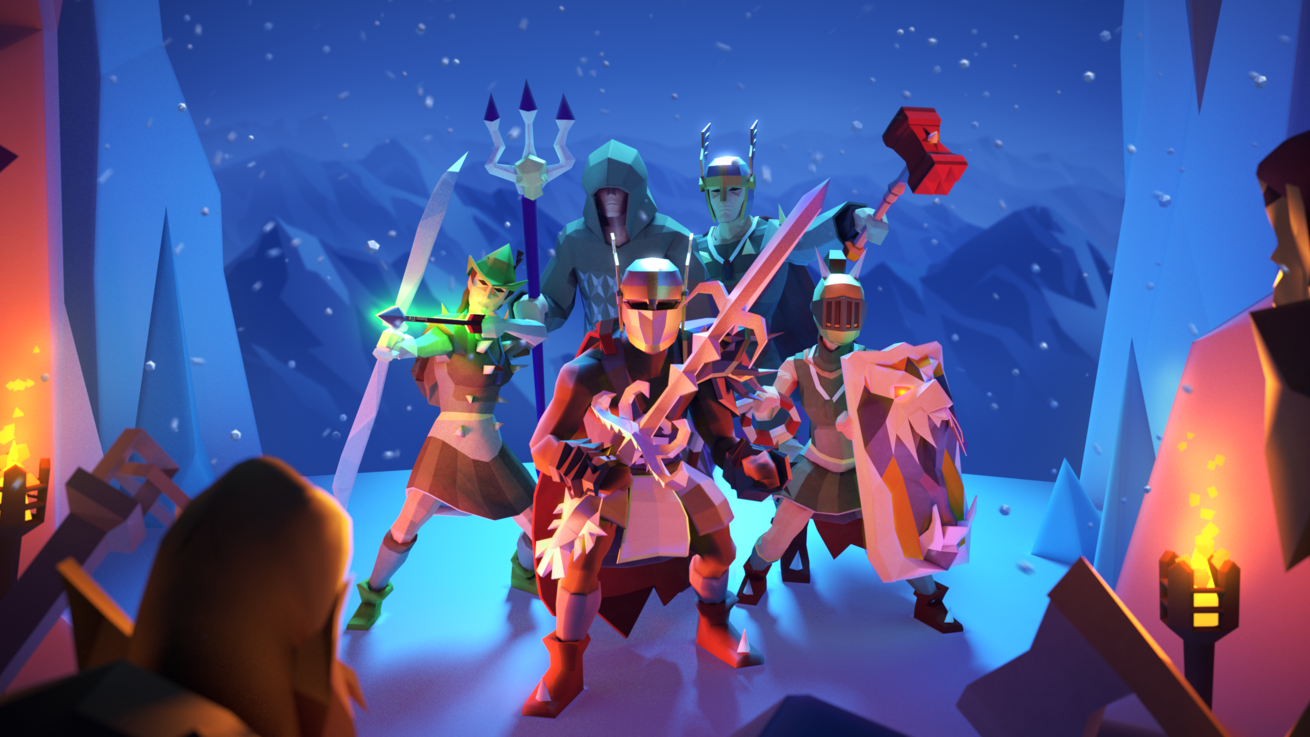MMO releases the sequel to an 18-year-old quest that features such rare drops the developer has to step in and reassure players: 'No need to put nan in the cage as the clock chimes midnight, just kill bosses'
After the developer said "they don't drop in the same way normal drops do", all bets were off.

Old School RuneScape has released a sequel to an 18 year-old quest, spotted by GamesRadar+, one which has immediately caused confusion as players rushed to bag the new loot it comes with… and in most cases, didn't get it. Desert Treasure 2: The Fallen Empire is the MMO's first Grandmaster quest since 2019 and is a sequel to, you guessed it, Desert Treasure (released in 2005). It sees players returning to the Kharidian Desert to explore a big old vault and take on the lich-like Mahjarrat.
This is kind of brought about by circumstance, and the unique way Jagex maintains RuneScape and OS RuneScape, with the latter essentially its own fork in the road. OS RuneScape was created using an archive dated August 2007 and contains nothing added to RuneScape after this date, but instead diverges from that point with its own lore and additions. The Mahjarrat are also notable in this context: major characters in RuneScape for many years, they've only just started cropping up in OS RuneScape.
Hence the return to a quest that most players probably haven't thought about in literal decades. "It's absolutely dripping with lore, answers to unanswered questions, and ties to loose ends", said Jagex in the announcement post.
Desert Treasure 2 is the highest difficulty level of OS RuneScape quest, Grandmaster, and has various requirements to meet before even starting. It features four bosses, each of which can drop a new item called a Vestige that can be used to craft one of four new rings, each of which offer buffs superior to the existing Fremennik Rings. And it's these sought-after Vestiges that have players puzzled.
Defeating the bosses should give players a chance of a Vestige drop, but these have turned out to be rare enough that players are questioning whether they drop at all, or if the quest is bugged somehow. Nope, said Jagex: "We've seen speculation that the ring attachments aren't dropping. Before it snowballs into a mystery bigger than the Mahjarrat, we'd like to confirm one thing. They can drop. We checked."
That seems as open-and-shut as you get, but then the developer added "they don't drop in the same way normal drops do" which doesn't exactly help. This set tongues wagging among RuneScape players who came up with various humorous and sometimes serious suggestions for how to increase one's chances, from wearing the ring of visibility, to killing the bosses within a certain time limit, to some sort of luck mitigation that actively works against brute forcing it. Most are just in it for the laughs, of course, but some fringe behaviours were a bit like an MMO cargo cult.
So Jagex had to clarify the clarification: "you don't need to do anything special or unique, what we mean by this is what's going on 'behind the scenes' is different. No need to perform emotes IRL or put nan in the cage as the clock chimes midnight, just kill bosses & have fun!"
The biggest gaming news, reviews and hardware deals
Keep up to date with the most important stories and the best deals, as picked by the PC Gamer team.
Now there's a thought, a sea of MMO players locking up their grandmothers to increase the rare drop rate on a boss. You know that they'd do it. Jagex says it'll explain all within a couple weeks, but clearly doesn't want to give up the secret so close to release.
OS RuneScape, as you may have gathered, can be a slightly crazy place. One of those who'll be rushing for their Vestiges is this legend, who after 150K kills has managed to gather every single boss item in the game. But that's almost too straightforward, too vanilla. More recently, a quirk emerged after some routine maintenance that allowed players to mass murder each other with a simple text command, which of course they did, and it got so bad Jagex had to temporarily take the game offline.

Rich is a games journalist with 15 years' experience, beginning his career on Edge magazine before working for a wide range of outlets, including Ars Technica, Eurogamer, GamesRadar+, Gamespot, the Guardian, IGN, the New Statesman, Polygon, and Vice. He was the editor of Kotaku UK, the UK arm of Kotaku, for three years before joining PC Gamer. He is the author of a Brief History of Video Games, a full history of the medium, which the Midwest Book Review described as "[a] must-read for serious minded game historians and curious video game connoisseurs alike."

